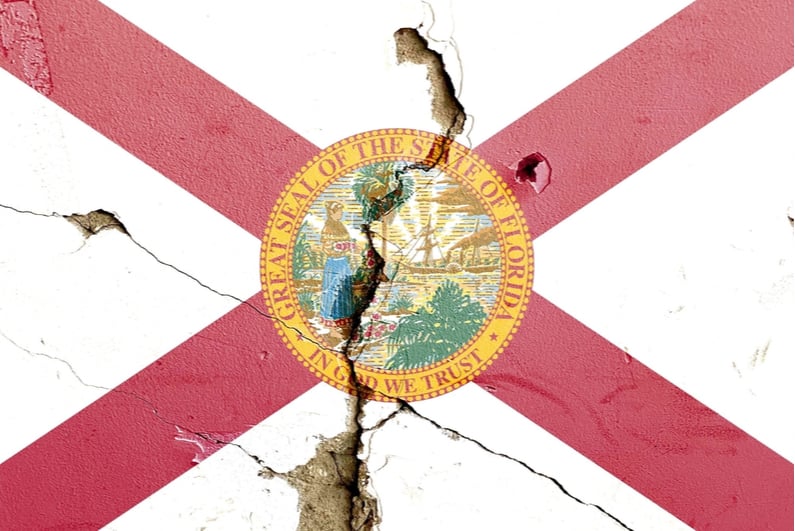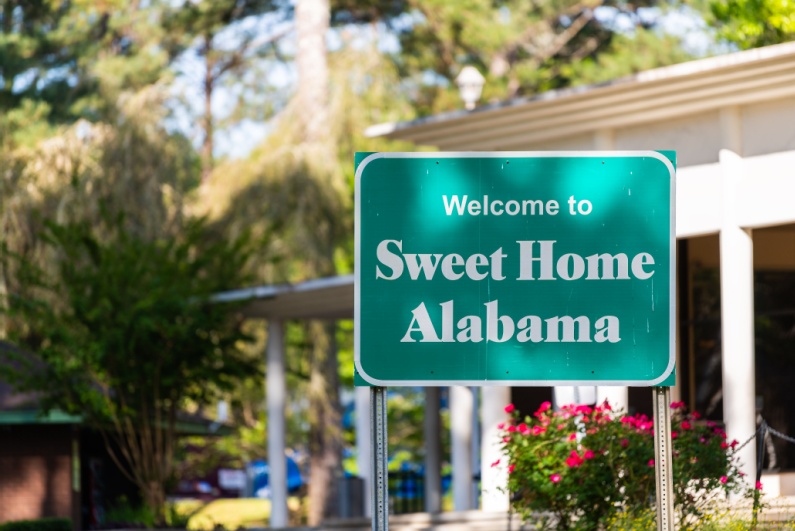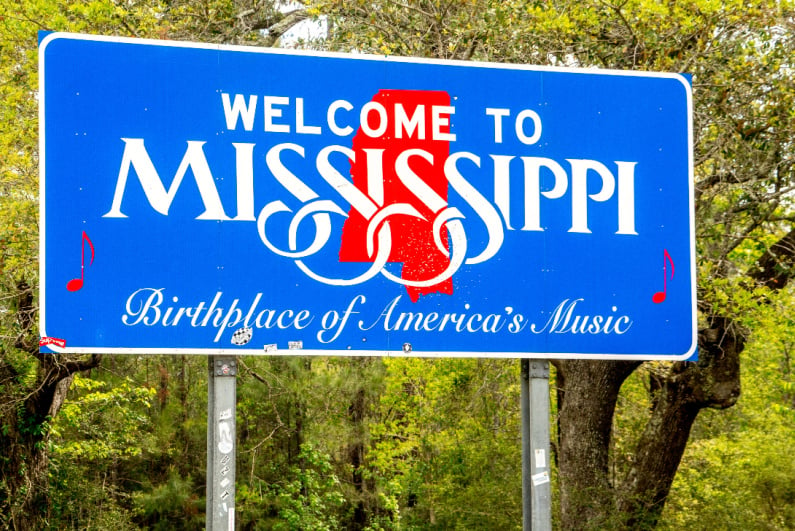So close but so far
With a population of more than 21 million, Florida is a highly-coveted prize in the world of sports betting. Home to 12 professional sports franchises, including the NFL’s Florida Gators, Tampa Bay Buccaneers, and the Miami Dolphins, the state is brimming with potential bettors chomping at the bit to place legal wagers.
In good news for these prospective bettors, Governor Ron DeSantis legalized sports wagering through a gaming compact with the Seminole Tribe of Florida earlier this year. The 30-year deal paved the way for the tribe to launch online and retail betting, and the Department of the Interior gave the green light to the agreement shortly after.
the Seminole has found itself in legal limbo
However, the sports betting market that emerged from that deal has fallen flat. As reported by VegasSlotsOnline News earlier this week, a Florida judge deemed the compact illegal, putting an end to the Hard Rock Sportsbook offering less than one month after it went live. Now, the Seminole has found itself in legal limbo following the denial of its request to temporarily hold the ruling.
The rest of the state’s betting debacle will now likely play out in the courts, and Floridians will not have access to betting in the meantime, or even in the foreseeable future. So, how did the state really get to this point, and where does it go from here?
A short-lived market
When the Seminole launched its mobile betting offering in early November, it did so without any fanfare or grand announcements. In fact, it’s almost as if the tribe wanted the Hard Rock Sportsbook to go live without anyone noticing. Perhaps that has to do with the legal challenges facing the tribe’s gaming compact at the time.
Sadly for the Seminole, a federal judge has now ruled that the compact is in violation of the Indian Gaming Regulatory Act. The result didn’t come as a shock to Gov. Ron DeSantis, who previously spearheaded the campaign to introduce tribal wagering. “We anticipated that this could happen,” he told reporters on Wednesday, adding that the server debate was still an “unsettled legal issue.”
The tribe continued to offer sports betting this week as it awaited the judge’s ruling on its bid for a stay on the decision. A judge denied that request on Wednesday, however, arguing that the tribe failed to demonstrate why a stay was necessary. Adding to the tribe’s list of woes, Google has also suspended all gambling ads in Florida, warning that it will issue penalties to the originators of any offending marketing.
With all other avenues exhausted, the Seminole’s next hope could lie in appealing the decision in the DC Circuit Court of Appeals.
Is there any hope?
When Florida lawmakers approved sports betting in May, it is clear that many anticipated legal challenges at some point down the line. Speaking at the time, Rep. Sam Garrison described the legislation as “an open legal question,” while Rep. Michael Grieco said it would be “intellectually dishonest” to claim betting did not constitute a gambling expansion.
We’re going to lose, and we’re going to see this on the ballot.”
At the time, Grieco’s opinion on the eventual result of that litigation might have seemed pessimistic. The lawmaker affirmed: “We’re going to lose, and we’re going to see this on the ballot.” Now, however, Grieco’s words seem to hold greater weight, with a judge now ruling against the Seminole two times in one week.
Despite the opinion of Grieco, there is still some hope for Florida betting in the future, albeit small. Part of this lies in the courts, and another in a bill proposed by two US congressmen in July this year. House Bill 4308, put forward by Rep. Luis Correa and Rep. John Katko, seeks to bring the Indian Gaming Regulatory Act into the 21st century.
It argues that the rules have created confusion for tribal nations and legislators. The legislation would define wagers accepted via tribal servers as bets taking place on reservations. In doing so, it aims to “remove the federal barriers” preventing tribes such as the Seminole from introducing online wagering.
Floridians may still have to wait a long while before that legislation makes it onto the floor, however. The congressmen introduced the bill in July and it has still only made it to the House Committee on Natural Resources. In the meantime, Florida residents can only watch on as the betting debacle continues.



